ONGOING RESEARCH
Local Community Solidarity and Stress During Crisis
Belonging to and trusting in resilient groups helps us cope with crises such as natural disasters or global pandemics. COVID-19 presented a unique challenge in that the best ways for us to combat the virus — social distancing and masking — make it hard to cultivate this belongingness. In a series of longitudinal surveys, we examined how social identification with local communities was related to stress during the first months of the COVID-19 pandemic.
Institutional Trust and Bias
How do institutions (e.g., print and social media, law enforcement, courts, government) affect ingroup bias and preferential affiliation? Does the presence of a third party that reliably rewards good behavior and/or punishes bad behavior reduces our need to rely on shared group membership? We examine the extent to which institutional trust predicts decreased ingroup bias.
Political Polarization and Preference for Leaders
How do concerns with political polarization predict preferences for a strong leader? Additionally, are there different kind of strong leaders that individuals have in mind (e.g., a Unifying leader, an Unconstrained leader, a Beloved leader)? We examine how concerns with political polarization may predict preferences for strong leaders, perhaps through feelings of collective nostalgia.
Reactions to Dissent, Ingroup Criticism, and Non-Normative Behavior
People react negatively to examples of ingroup members who criticize the ingroup or who engage in non-normative (i.e., deviant) ways. We examine potential moderators of this effect: When are more or less likely to accept non-normative behavior? When do we hold ingroup members to higher or lower standards of conformity? How does exposure to humor affect our processing of ingroup criticism and dissent?
PUBLICATIONS
Packer, D. J., & Ungson, N. D. (2023). Peer pressure. In S. T. Allison, J. K., Beggan, & G. R. Goethals (Ed.), Encyclopedia of heroism studies. Springer.
Van Bavel, J. J., Packer, D. J., Ray, J. L., Robertson, C., & Ungson, N. D. (2023). Beyond intuition and reason: How social identity tunes moral judgments. In N. Ellemers, S. Pagliaro, & F. van Nunspeet (Ed.), Handbook on the psychology of morality. Routledge.
Ungson, N. D., Bucher, K., Marsh, J., Lamadrid, A., & Packer, D. J. (2023). Won’t you be my neighbor? Local community identification predicted decreased stress over the first year of the COVID-19 pandemic. Social and Personality Psychology Compass.
Azevedo, F., Pavlović, T., Rêgo, G. G., Ay, F. C., Gjoneska, B., Etienne, T., … Ungson, N. D., … Sampaio, W. M. (2023). Social and moral psychology of COVID-19 across 69 countries. Scientific Data.
Pavlović, T., Azevedo, F., De, K., Riaño-Moreno, J.C., Maglić, M., Gkinopoulos, T., … Ungson, N. D., … Van Bavel, J. J. (2022). Predicting attitudinal and behavioral responses to COVID-19 pandemic using machine learning. PNAS Nexus.
Van Bavel, J. J., Cichocka, A., Capraro, V., Sjåstad, H., Nezlek, J. B., Alfano, M., … Ungson, N. D., … Boggio, P. S. (2022). National identity predicts public health support during a global pandemic: Results from 67 nations. Nature Communications.
Zamora, J., Ungson, N. D., & Seidman, G. (2022). The end justifies the me: Self-interest moderates the relationship between Dark Triad traits and utilitarian moral decisions. Personality and Individual Differences, 184, 111134
Marsh, J. K., Ungson, N. D., & Packer, D. J. (2021). Bring out your experts: The relationship between perceived expert causal understanding and pandemic behaviors. Journal of Experimental Psychology: Applied, 27(4), 785-802.
Van Bavel, J. J., Cichocka, A., Capraro, V., Sjåstad, H., Nezlek, J. B., Alfano, M., … Ungson, N. D., … Boggio, P. S. (2021). National identity predicts public health support during a global pandemic: Results from 67 nations. Nature Communications.
Marsh, J. K., Ungson, N. D., & Packer, D. J. (2021). Of pandemics and zombies: The influence of prior concepts on COVID-19 pandemic-related behaviors. International Journal of Environmental Research and Public Health, 18(10), 5207.
Packer, D. J., Ungson, N. D., & Marsh, J.K. (2021). Conformity and reactions to deviance in the time of COVD-19. Group Processes and Intergroup Relations, 24(2), 311-317.
Evans, T. R., Johannes, N., Winska, J., Glinkska-Newes, A., van Stekelenburg, A., Nilsonne, G., … Ungson, N. D. (2020). Exploring the Consistency and Value of Humour Style Profiles. Comprehensive Results in Social Psychology.
Gill, M. J., & Ungson, N. D. (2018). How much blame does he truly deserve? Historicist narratives engender uncertainty about blameworthiness, facilitating motivated cognition in moral judgment. Journal of Experimental Social Psychology, 77, 11-23.
Packer, D. J., Miners, C. T. H., & Ungson, N. D. (2018). Benefiting from diversity: How groups’ coordinating mechanisms affect leadership opportunities for marginalized individuals. Journal of Social Issues, 74(1), 56-74.
Ungson, N. D., & Packer, D. J. (2018). Dissent. In M. H. Bornstein (Ed.), The SAGE Encyclopedia of Lifespan Human Development. Thousand Oaks, CA: SAGE.
Packer, D. J., & Ungson, N. D. (2017). Group decision-making: Revisiting Janis’ groupthink studies. In J. R. Smith & S. A. Haslam (Eds.), Social psychology: Revisiting the classic studies (2nd ed., pp. 182-200). Thousand Oaks, CA: SAGE.
CONTACT FOR A COPY
please email me at, ungson@susqu.edu, or click the button below, for a copy of any of the papers listed above!
